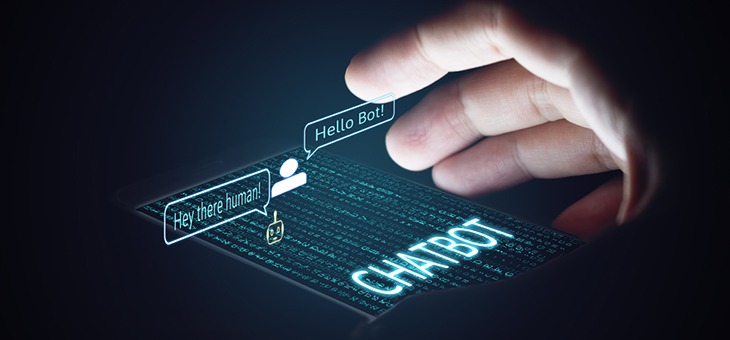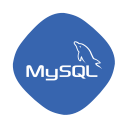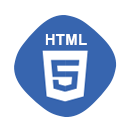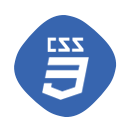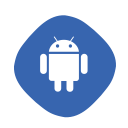The Past
ELIZA, a 1964 computer program is among the earliest examples of Natural Language Processing (NLP). NLP is that branch of AI which allows computers to understand human language by parsing the various phrases, words and sentences. It is an essential component to the advancement of chatbots.ELIZA was created by Professor Joseph Weizenbaum and used computer scripts. For instance, if the word ‘apple’ was used in a sentence then the script shall look through its dictionary to send a pre-programmed response for the word ‘apple’. This is however, a very simplified explanation.
Among the more popular scripts was DOCTOR that attempted to emulate the behavior of a psychotherapist. This became the perfect opportunity to a nascent chatbot, as ELIZA already cleared the way to ask leading and passive questions. Questions like ‘How does it make you feel’ and ‘Tell me more…’ made ELIZA appear extremely empathetic while it engaged with very little computation in the background.
The Present
There are many familiar assistants such as Google Assistant, Amazon Alexa, Apple Siri and Microsoft Cortana that provides natural conduits for us to experience technology by combining GUI and voice interface. In addition, there are a number of bots churned out by Facebook, WeChat, Amazon and Microsoft.Taking a step back to assess the whole picture you will see that from building bots as items of research and novelty we have now started focusing on the utility factor.
This is a very exciting period for those who are user centered practitioners of research and design. Now, chatbot experiences are created keeping user needs and goals in mind rather than to just pass a philosophical test. This is of particular importance in light of recent findings that claim chatbots to have surpassed top social networking apps by way of popularity in the reign of top messaging apps.
The Future
There are many industries and sectors such as e-commerce, hospitality and banking among others that have already been revolutionized by chatbots and Artificial Intelligence. Needless to say, with customer care side of functionality being automated by way of chatbots, the healthcare sector is in for major benefits.This will prove to be extremely beneficial in situations where an actual doctor is not required. Impersonal nature of chatbots with conversational AI has created easy access to right healthcare. Also, the entire industry shall be benefited by providing personalized health tips to patients.
There will be a time in the near future where a user will be reminded about their annual mammogram checkups based on the past medical data collected by a bot. The bot shall also be able set up an appointment or get a pathology assistant to schedule a home visit for quarterly sugar checks.
The healthcare industry appears set for a chatbot revolution in the very near future.



